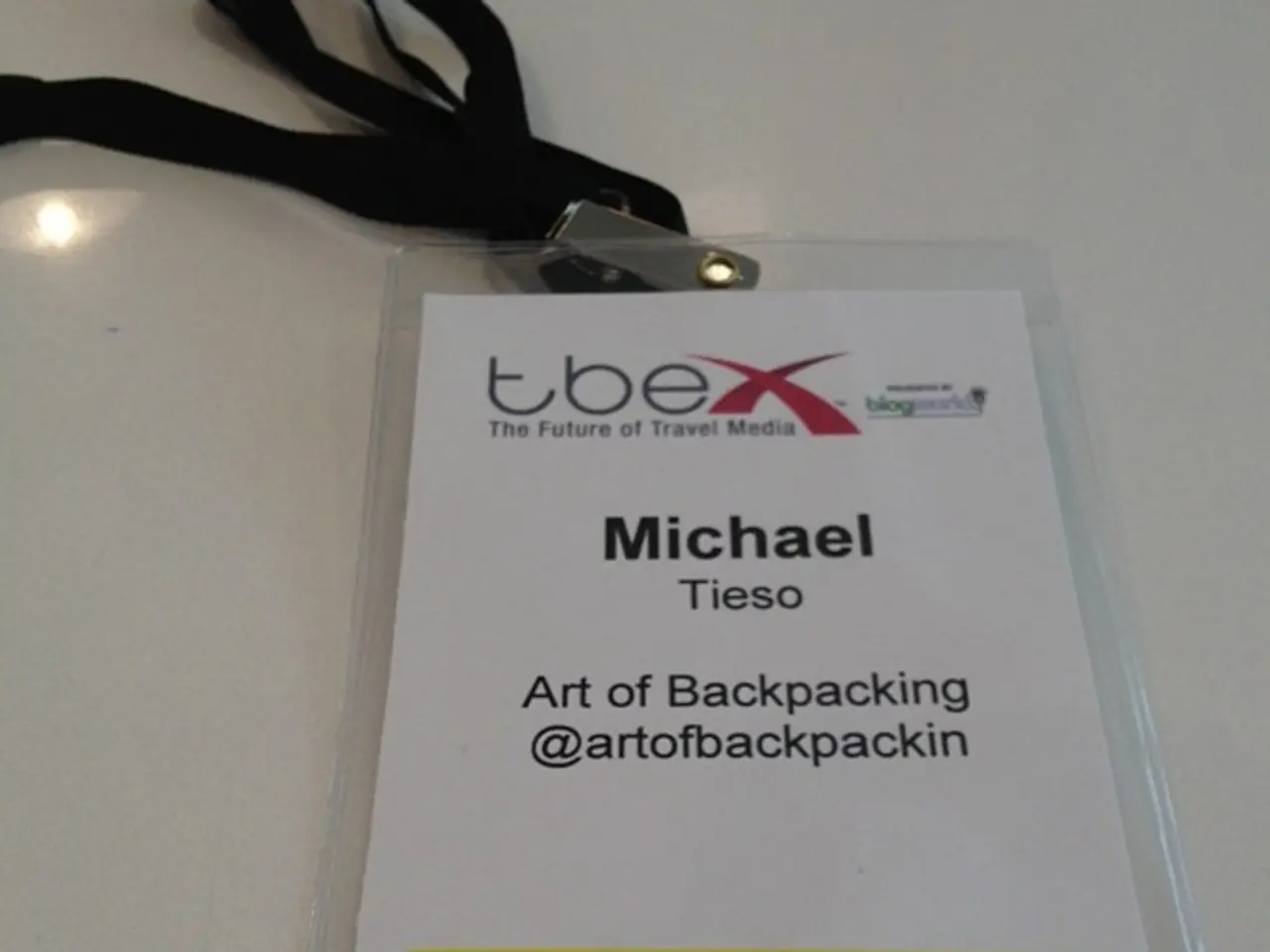Vacationing with Robotic Companions: An Introduction to AI-Assisted Travel (Part 1)
In the dynamic world of travel and tourism, artificial intelligence (AI) and chatbots are revolutionizing customer service by providing personalized, efficient, and real-time support.
## Uses of AI and Chatbots in Travel Customer Service
The integration of AI in the travel industry offers numerous benefits. AI analyses customer data to offer tailored travel recommendations, enhancing the customer experience through personalized itineraries and activity suggestions [1][2]. Chatbots are available round the clock to answer common traveler questions, such as flight availability, hotel bookings, and itinerary changes, reducing response times and workload for human customer service teams [3][5].
AI-driven systems automate routine tasks like check-ins and provide real-time updates on flight statuses, gate changes, and other travel-related information [2][3]. Predictive maintenance is another area where AI tools help hotels predict and prevent operational disruptions, ensuring smoother operations and better guest experiences [2].
## Examples of Companies Implementing AI for Customer Service
Leading companies in the travel industry are embracing AI to enhance their services. Marriott, for instance, uses AI-powered chatbots and data analytics to enhance guest interactions and improve operational efficiency. Their AI-driven recommendation engine personalizes guest offers based on past stays and preferences [2].
Hilton integrates AI-powered chatbots for customer service and uses robotic concierges along with smart room technology to adjust settings based on guest preferences [2]. InterContinental Hotels Group (IHG) employs AI to enhance guest experiences through mobile apps offering real-time travel assistance and digital concierge services [2].
Travel agencies are also adopting chatbots to streamline customer interactions, providing instant answers to common inquiries and managing increased queries during peak travel times [3][5].
## The Future of AI in Travel and Tourism
The development of AI in the sector has given rise to innovative business models such as Careem and Airbnb. Hilton hotels have a physical robot named Connie that assists guests at check-in and advises them on local attractions and things to do [6]. AI has revolutionized and automated almost every procedure in the travel industry, including online search and booking platforms [7].
AI can save businesses time and money by automating various procedures and potentially eliminating human error. For instance, machine learning algorithms can detect anomalies in flight price generation and help travel agents find the best time to book a hotel or buy a cheap ticket [8]. Facial recognition software can reduce check-in times for travelers, with Marriott International testing the technology in two locations in China and planning to expand it to all global locations if the feedback is positive [9].
In the future, AI may even predict a dream vacation before the traveler has any idea of their own, based on emails, Facebook, Twitter, and calendars [10]. While AI still cannot arrange the weather for travelers, it may be able to in the near future.
The Expedia Skill app is a prime example of AI's potential, allowing customers to get information on their upcoming trips and flight details, or rent a car, all with a plain voice command [11]. Machine learning algorithms can also help travel agents analyse travelers' profiles based on preferences, budget, location, eating habits, etc., leading to personalized and tailor-made offers.
In conclusion, AI is transforming the travel and tourism industry, improving customer satisfaction while helping companies streamline operations and enhance overall travel experiences. Stay tuned for the second part of this article, where we delve deeper into the various use cases of AI in the travel and tourism sector.
Technology plays a crucial role in enhancing customer service and streamlining operations in the travel industry by enabling AI systems to analyze customer data for personalized travel recommendations and automating routine tasks like check-ins and flight status updates. Furthermore, chatbots are utilized round the clock to answer traveler questions and reduce response times for human customer service teams.




